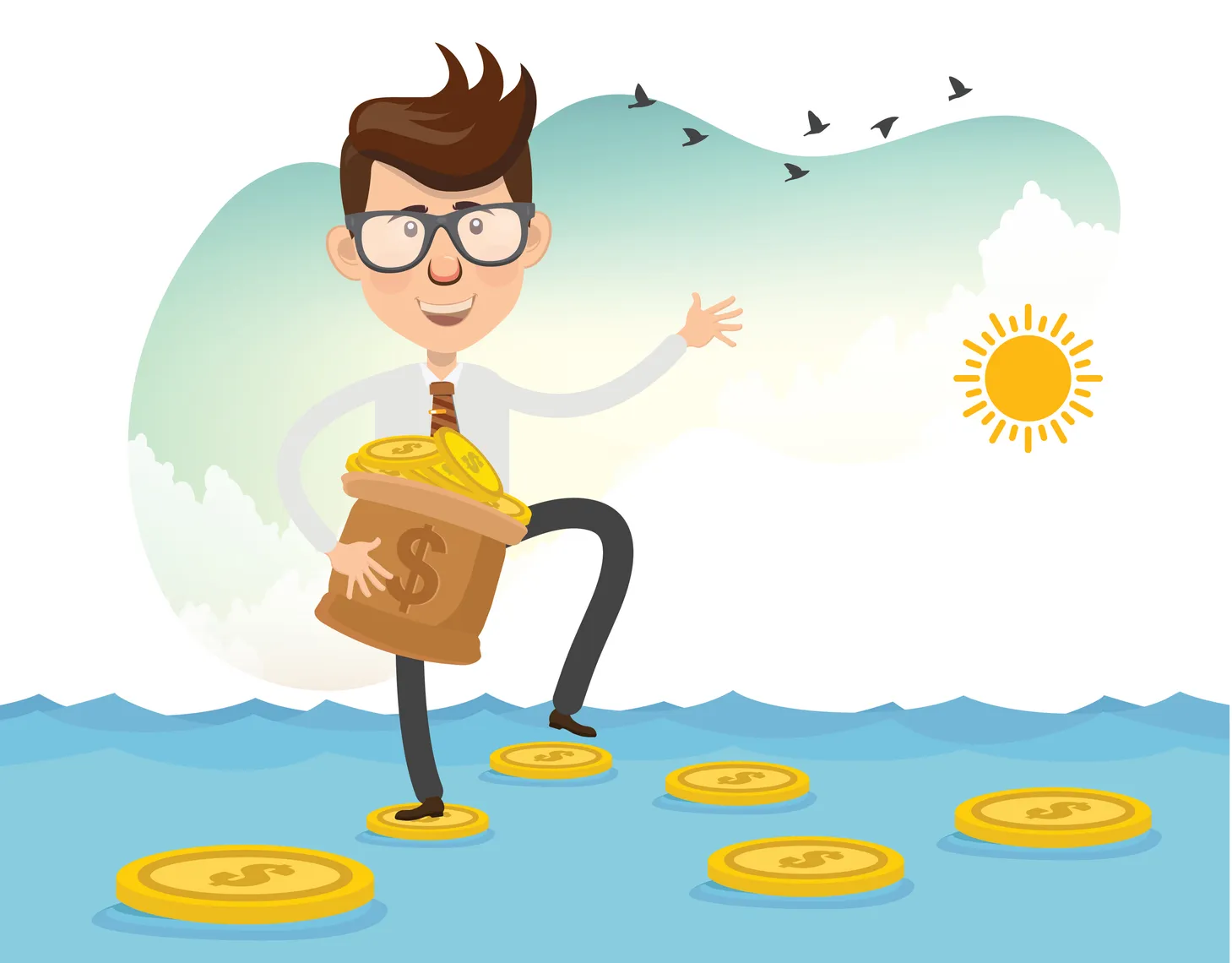What are animal spirits?

Derived from the Latin spiritus animalis, meaning “the breath that awakens the human mind”, the term animal spirits refers to the state of pessimism or confidence held by businesses and consumers. Future expectations have a direct impact on decisions made today. Consumers decide how much they are willing to save or spend, while businesses consider making capital investments.
The financial crisis and economic recession renewed people’s interest in the impact of animal spirits on the industries and markets around the world. In the book “Animal Spirits: How Human Psychology Drives the Economy, and Why it Matters for Global Capitalism” authors Robert Shiller and George Akerlof argue the necessity of active government intervention in economic policymaking, aiming to boost business and consumer sentiment to prevent deflationary depression.
Meaning of animal spirits
The term animal spirits in economics was coined by the famous British economist John Maynard Keynes to describe the emotions, despondence and gloom that preceded the Great Depression and the changing sentiment that accompanied recovery.
Together with Shiller, Akerlof put forward the case for “behaviourally informed Keynesianism”, in which psychological changes in faith, fear, confidence and a concern for fairness can have an impact on the economic decisions.
The term animal spirits can describe how people get to any financial decision, including investing and trading decisions, especially in times of economic uncertainty and stress. In a publication from 1936, “The General Theory of Employment, Interest and Money”, John Keynes refers to animal spirits as the human emotions that affect consumer confidence.
Animal spirits in finance
Today we often speak about animal spirits when we describe some emotional or psychological factors that drive traders and investors to take action when faced with high volatility in capital markets.
The term animal spirits is widely used in behavioural economics and market psychology. Animal spirits include the state of fear and pessimism on the one side and hope and confidence on the other side that can influence financial decision making, which in turn can boost or impede economic growth.
If the spirit is low, the confidence level is also low, which could potentially drive the market down even if the fundamentals are strong. Likewise, if the spirits among investors and traders are high, and the level of confidence is also high, the market price could potentially soar, even if the fundamental analysis contradicts the market sentiment.
Visit related finance terms

What is economics

What is speculative demand
